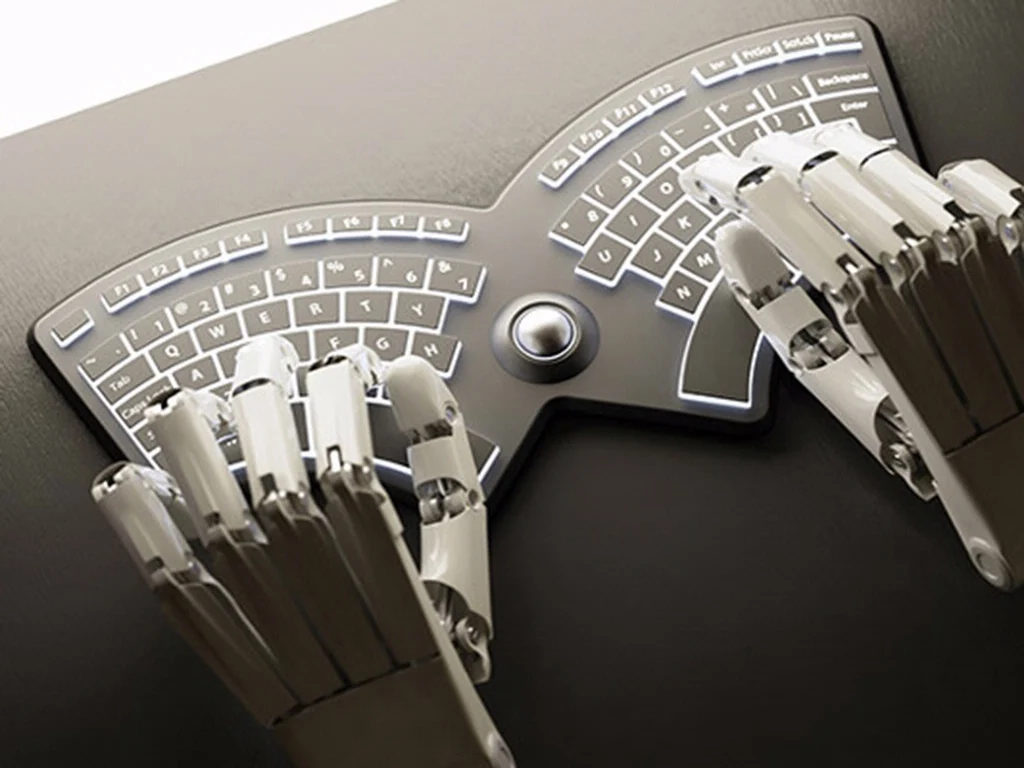How to Organise an Intellectual Property Department
Efficient intellectual property (IP) management gives a business an advantage over its competitors and is key to market dominance. Market know-how is therefore a valuable business asset which must develop to create new IP assets, which in turn gives the business a competitive edge in the marketplace.
It is therefore essential to business flourishing to build an IP protection strategy to manage and protect the business’s intangible assets, including the creation of an in-house IP department, specialising in the protection of the assets, supporting innovation and development. The benefits of creating and running an IP department cannot be overstated, and are not limited to purely large-scale companies. The benefits of creating a specialised IP department extend to smaller businesses where market know-how is more freely shared between competitors, and therefore having a specialised department to protect your business’s intangible assets may provide a competitive edge above marketplace competitors.
Want to know more?
Download our free Guide on external counsel IP network management
Role of an IP department
Before creating a specialised IP department, a business must first ascertain what is required of such a department. An IP department specialises in a multitude of issues, but its general role within a business is centred around:
- Identifying and ordering the business’s existing IP rights
- Advising on securing IP rights and protections
- Identifying solutions to minimise costs, including the costs of IP registration applications and renewals, as well as reducing management costs
- Negotiating and drafting licences and rights transfer agreements
- Ensuring that the business is making the most of its intangible assets
At all times, an IP department must be certain that the business’s intangible assets are maximally profitable, this means that the department must be continually aware of the business’s competitors and the status of their IP portfolio.
Key roles
A successful IP department must employ trained staff who are able to strengthen company communications and give direction to a constantly transforming company. A comprehensive team of professionals can provide a budding business with the edge it needs for its IP rights to flourish and to find success in the market.
When hiring, it is key to ensure that a business hires professionals with the necessary experience in research and innovation, as well as a thorough understanding of the role of intangible assets within the business and the impact these can have on their success in the market.
The main roles required within a department are listed below, though this list is not exhaustive.
Management
Managers with expertise in each relevant area of the IP department will ensure that the department runs smoothly, and the communications between the sectors of the department are strong. These key managerial roles also reflect the other nature of professionals required for the full functioning of an IP department. Key roles include:
- Executive director and financial director
- Tax advisor
- Legal counsel
- Technological director
- Operations director
Financial experts
People with economic/financial skills are imperative for an IP department, due to the need to manage renewals and payments on an international scale. It is imperative that financial experts are able to work with regards to a global economic market, not merely at national level, due to the global nature of IP. Financial experts are also important in assessing the financial importance or worth of a specific IP asset.
Legal professionals
Experts in the legal protection of IP are fundamental to the running of a successful IP department. Legal professionals within an IP department are usually required to carry out risk screening for company assets and undertake any required action, including court proceedings if necessary. Legal professionals are also able to coherently draft non-disclosure agreements for stakeholders and other relevant parties in order to protect IP which is not legally protected, such as know-how or trade secrets.
IT professionals
In order to aid the efficiency of an IP department, IT professionals and staff with proficiency in IT are necessary. Due to the global nature of IP, digital resources are necessary, and having staff members who are able to competently utilise digital software systems will vastly improve the department’s efficiency.
Social media use may also be required by the business, the management of which must be professional and useful in order to benefit the business.
Administrative support
As with every department, administrative support is necessary to the successful functioning of an IP department. In particular, the vast number of official documents which require organisation and filing such as application forms, licence agreements, notification to third parties of the business’s rights etc., require an IP department to have fully comprehensive administrative support.



























